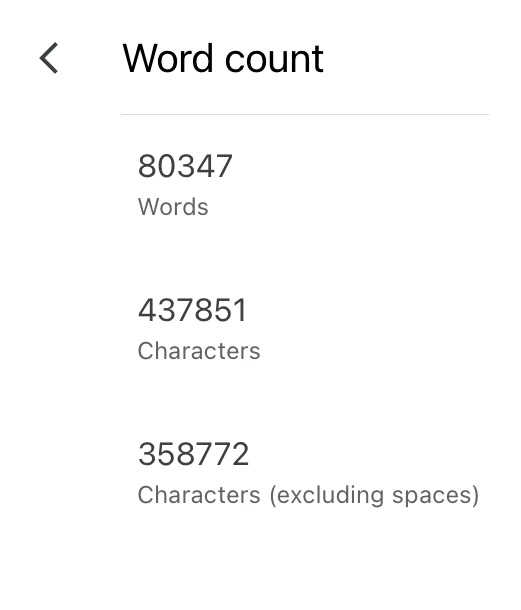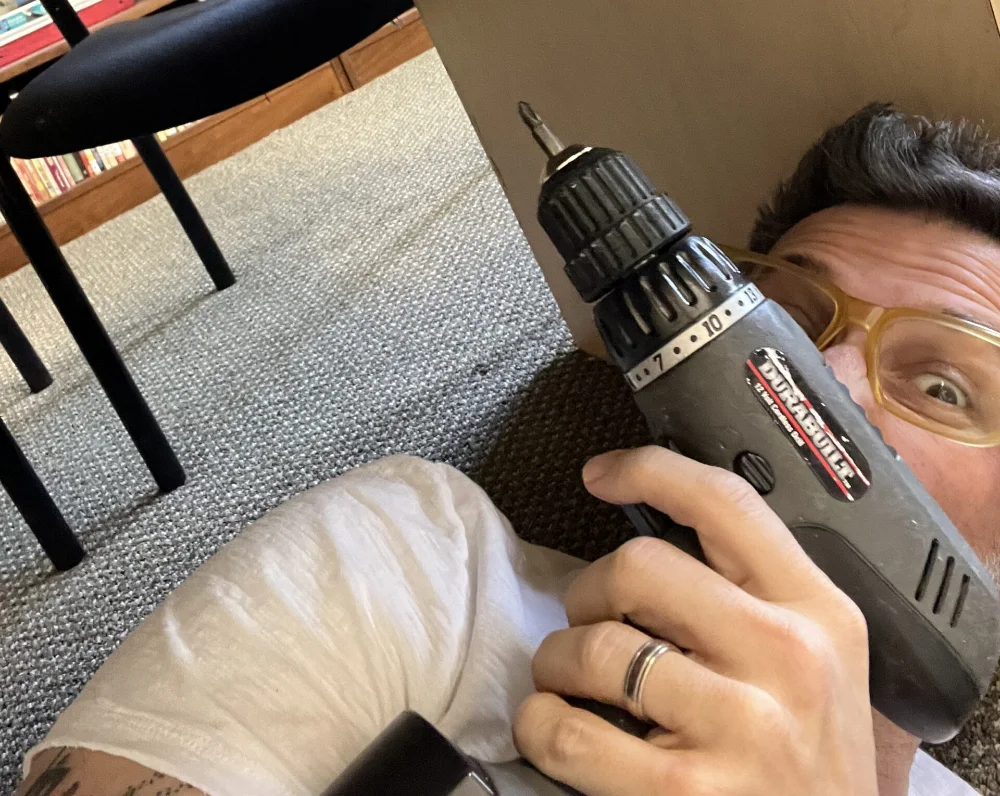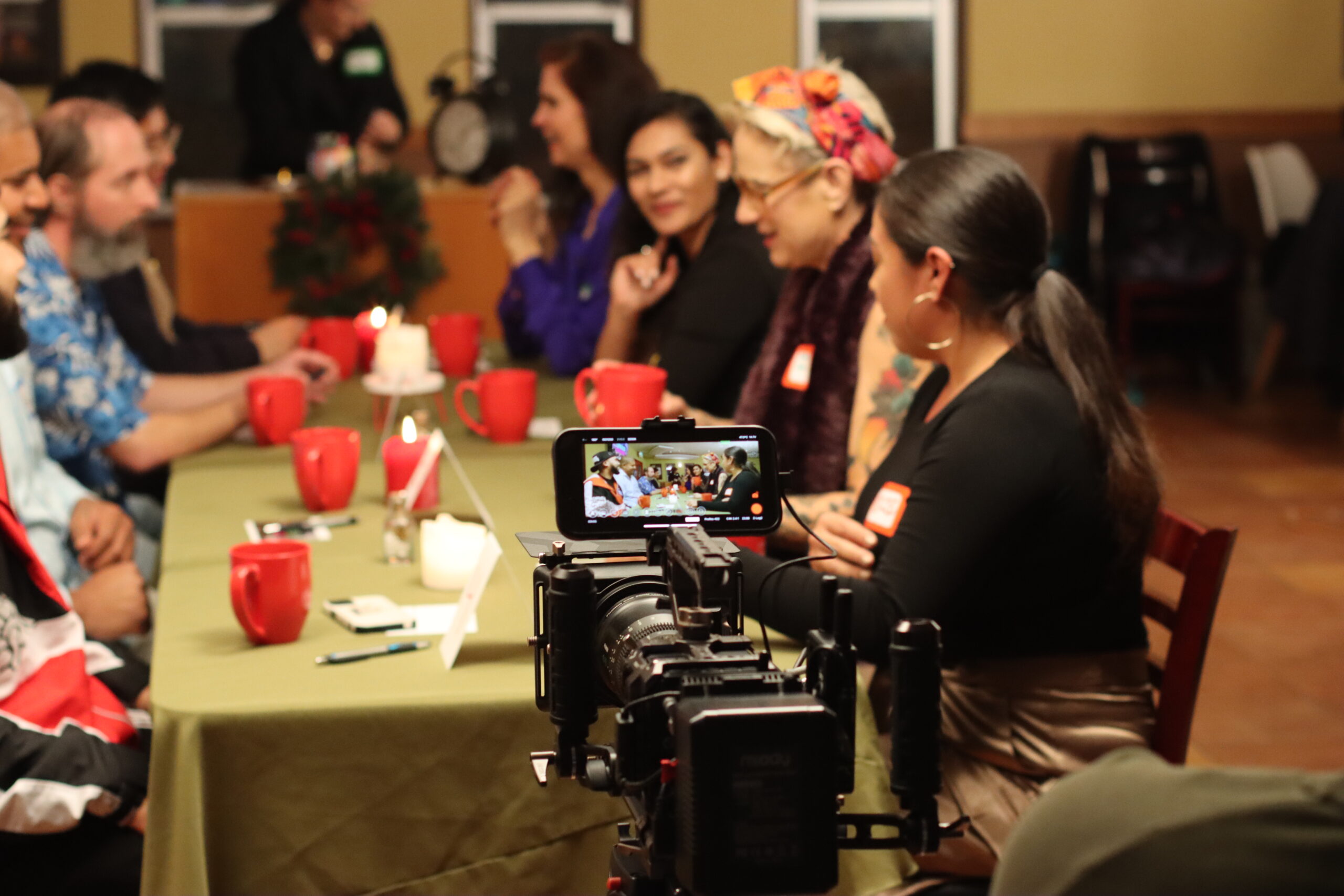Writing can be hard.
Really hard.
Even the best, most experienced writers can sympathize with this sentiment. I am far from the best or most experienced writer, but I can personally vouch for this.
It can be amazing, don’t get me wrong; the feeling of having a creative outburst, the need to get words down on paper (or, in most cases today, the computer), the feeling of accomplishment when you look at the words that you’ve created, the characters, the dialogue, the settings, everything. It all came from your mind, no one else’s.
It can also be exhausting and feel like a waste of time and effort, but I’m here to tell you that sitting down, even if only for five or ten minutes a day, is an accomplishment you should pride yourself on. It means you have discipline, and you’re dedicated to writing being a part of your daily routine. In the past, I have not been so motivated—I would go for weeks, months, even what felt like decades but was realistically still months, without writing anything besides the obligatory academic essay. I got into a pattern of complacency when it came to adding to my portfolio of short stories.

Now, fast-forward to 2023…I have written many screenplays, a handful of short plays, several short films, a feature film, and I am currently writing a novel! Now, if it sounds like I’m trying to brag, I’m definitely not—most of what I write, at least the first draft, is “meh.” Sure, writers are always self-critical, but I know that there is much to improve on when it comes to my writing. Still, I always feel satisfied when I write “The End” or the very last sentence—it gives me a sense of semi-completion, even though I know there is so much work to be done.
Recently I’ve made a sort of routine for myself: 1,000 words of my novel per day. For some, this might seem a lot, but for many more, it probably sounds like the bare minimum or less, and for others, they don’t even count their words and prefer to write until they feel creatively satisfied for the day. It’s all so personal and subjective, and I am not here to indoctrinate you or say “You must do this or else you aren’t a real writer.” (I’m not experienced enough, as I said, and I would like to consider myself a decent person.) What I am hoping to accomplish in this blog is give you ideas of ways to set and stick to a writing routine. From my personal experience, having a routine can really help to stay motivated, and slowly but surely achieve your goals, no matter what it is. Do you want to finally finish that short film? Finish chapter 29 of your novel? Write a short story? Having a routine isn’t for everyone, but it can potentially help you as tons of writers have achieved their goals this way.

#1-Make time.
Life can be a lot sometimes.
Things like work, homework, and other life responsibilities often get in the way of being able to sit down and write.
There are also unpredictable events, such as physical and mental health issues, family emergencies, and other unplanned circumstances, that prevent you from writing and other creative endeavors you may want to pursue. But, assuming you get at least some downtime in a day (which ideally everyone should have and deserve, but in reality isn’t always the case), it’s really important to put aside a block of time each day (or whatever days you can) to write and thus create a routine. I personally try to write every day, usually in the afternoons, but I’ll admit I don’t always do that. Sometimes I have too much to do, and sometimes I just feel lazy and unmotivated, which is completely okay. It’s okay if you don’t feel like writing every day—it should be something you at least somewhat enjoy, and you don’t want to get burnt out—but if you want to commit to a schedule in the first place, it’s a good idea to commit to a certain number of days per week. One, four, five, or seven–having a day and time carved out can force you to stay motivated and reach your goals.

#2-Set Goals.
Do you measure your progress in word counts? Pages? Paragraphs? Sentences? Any of these are great ways of keeping track of your progress. If you decide to create a writing routine, it may be a good idea to consider what you want to accomplish each time you sit down. As I said, I strive for 1,000 words, but sometimes I only get to 200, or 800, or 40. Word counts have always been a way for me to see how my story, screenplay, or novel is coming along, especially if I have an overall goal. Do you want your story to have at least 2,000 words? Word counts aren’t generally as important to count for screenplays—it’s the page count that matters, since a page is a page, unlike when you write a novel, where the page and font dimensions will likely be different from your Google Docs page (generally, to get a rough estimate of your page count with non-screenwriting software, divide your word count by 250). Having a goal for your specific medium, even if it’s broad, can help you know how much to write each day, how close you are to achieving that goal, and after that, how much is left to go. Trust me, reaching your daily goal is really satisfying, especially if you challenge yourself ever so slightly.

Just for fun, if you measure your progress in word counts, here are a few word counts of well-known novelists, each in different genres. I urge you not to compare if you feel like you’re falling short of these; everyone is different. Everyone goes at their own pace. There is no right or wrong—the entire process of writing is meant to be personalized.
Ernest Hemingway: 500 Words
Stephen King: 2,000 Words
Kate DiCamillo: 600-900 Words
Holly Black: 1,000 Words
I want to acknowledge writer’s block, which I have struggled with throughout my years of writing. If you don’t know exactly what that is, writer’s block is essentially when a writer has trouble getting words down on a page, due to having little to no inspiration or ideas. Anyone can get writer’s block, and I have a feeling that nearly everyone has, at least a form of it, no matter to what degree or how often. It’s one of my worst enemies. One way to get past this writer’s ailment? Having a schedule! Forcing yourself to get something down on paper however many times a week can keep the creative juices flowing, and you can discover so much about the world you are creating, the characters, and even yourself.

#3-Find your space.
Part of a routine can be having a routine place to sit down and write. It could be your home, a coffee shop, Barnes and Noble (a personal favorite), the bus, literally anywhere you feel you can write with minimal distractions. This is so personal—some thrive with ambiance, such as light music and coffee machines and the rolling of a vehicle, while others prefer absolute silence. Sometimes you don’t get the luxury to decide this if you’re short on time, so you can take advantage of your situation. Do you only have time and/or to write during your lunch break? Write during your lunch break. Only have time on the subway ride home? Write on the subway ride home. I sincerely believe, no matter how busy someone is, almost everyone can find at least 10-20 minutes to write.
So, grab your calendar (or your phone, more likely—kids these days) and brainstorm some times and locations you will be available to at least somewhat consistently write. Being a writer is hard, but some things can help make it easier. May the power of words be with you!






